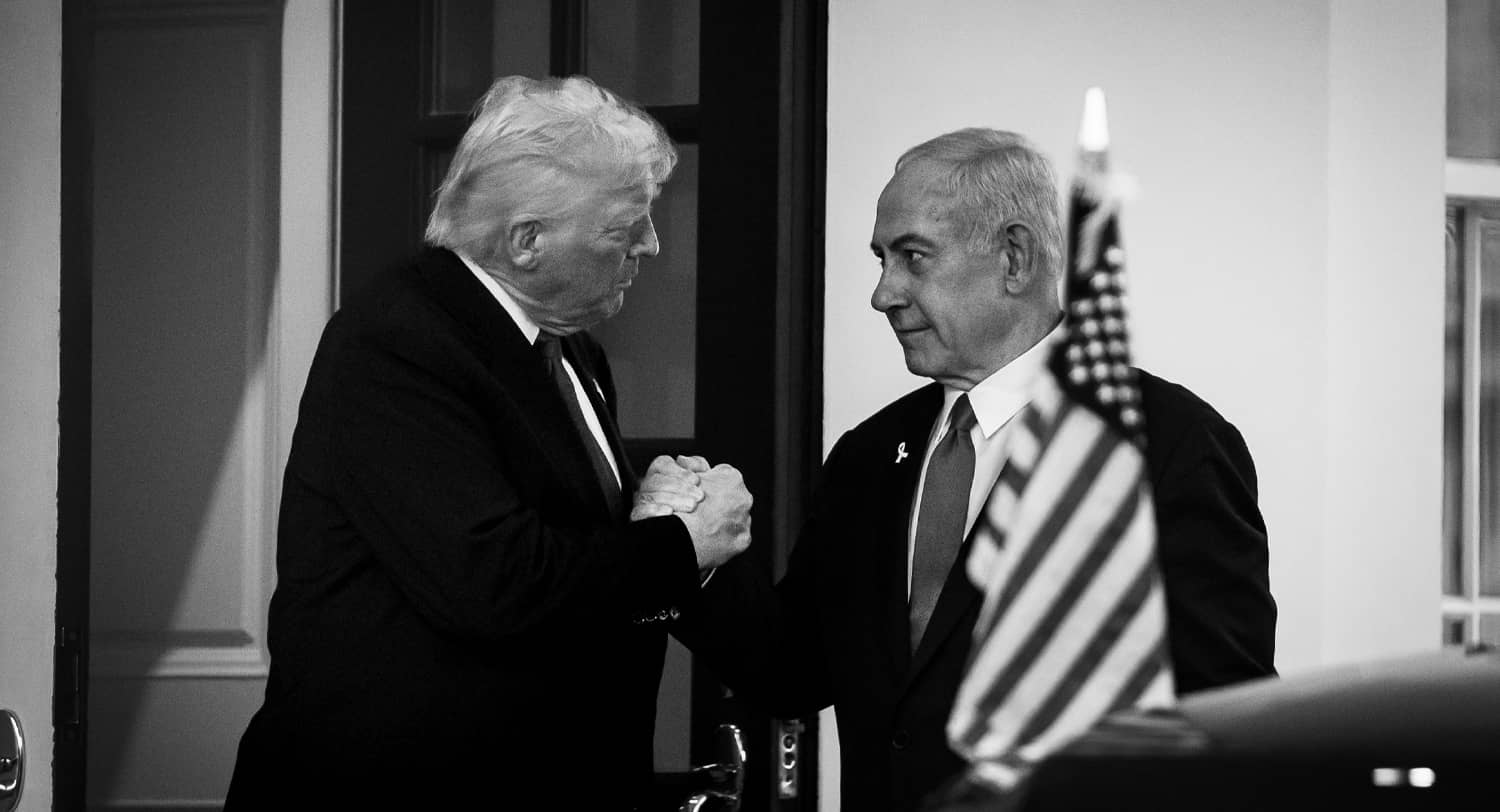Two men, two survivors. Donald Trump and Benjamin Netanyahu – so different in backgrounds, so similar in instinct.
Trump came from business. Netanyahu came from politics. Trump stormed into Washington with sheer force. Netanyahu became a master of survival in Jerusalem, navigating decades of war, diplomacy, and domestic pressure. Trump’s “America First” doctrine never promised sentiment, even to allies. Netanyahu, by contrast, sees the U.S.-Israel relationship as a cornerstone of Israel’s survival and strength.
Despite their differences, they understand each other. They speak the language of persistence, image, and legacy.
But personalities aren’t the whole story. Today, the alliance they embody faces a moment of quiet but undeniable strain.
To be clear: the US-Israel alliance remains strong. Strategic cooperation continues across military, intelligence, and defense sectors. In recent months, American naval forces in the Red Sea have intercepted missiles launched toward Israel. Intelligence sharing is ongoing. Ammunition, Iron Dome resupplies, and diplomatic backing at the UN have all reinforced Washington’s commitment to Israel’s security.
But the political tone has shifted.
In the US, support for Israel among key institutions remains strong. But the war has complicated the message. At a time when American leaders are focused on domestic priorities, Israel’s broader leadership – not just its government – has struggled to make its case clearly in Washington.
The United States, with its global reach, and Israel, with its frontline experience and vital regional role, have never been equal in scale. But this alliance was never built on symmetry. It was built on shared values, mutual interests, and deep trust.
And that trust must be renewed, not assumed.
Israel today faces existential threats – from Hamas, Hizbullah, and especially Iran. In the US, a new generation of voters and voices is raising questions about the war, often without full context or historical perspective. That shift doesn’t necessarily signal hostility, but it does require Israel and its allies to speak with strength, moral clarity, and a renewed commitment to the truth about what this war – and this alliance – really mean.
This moment is not a rupture. But it is a reckoning.
The relationship is not only about the personalities of leaders, though Trump and Netanyahu clearly understand each other in a way some other current leaders do not. It is about how two democracies, each under pressure, respond to a changing global landscape and growing internal divisions.
In Israel, the burden of war is heavy. In America, the burden of global leadership is no lighter. Both countries face hard questions about what loyalty means, what partnership looks like, and what the next chapter of this alliance should be.
The answers will not come from public declarations alone. They will come from how both nations act – how they defend each other not just on the battlefield, but in the court of public opinion and on the global stage.
Make no mistake: Israel’s fight against terror is not being waged in isolation. It is part of a wider struggle against extremism, regional destabilization, and enemies of the West. And in that struggle, the United States is not a distant observer – it is already engaged.
Nothing in an alliance is permanent or guaranteed. It takes clarity, humility, and respect – for each other’s interests and for the moment we’re in.
That’s how trust is rebuilt. And that’s how peace, eventually, is preserved.

